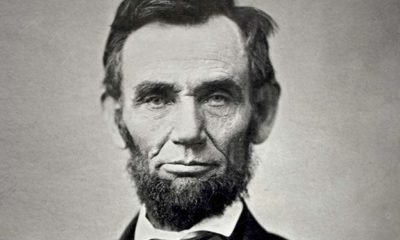People
How Nazi Death Camps Affected Frankl’s Ideas ?
Viktor Frankl
In 1938, Dr. Viktor Frankl was apprehend by the Nazis and set in a death camp. When they took his wedding band from him, an acknowledgment struck: there was one thing nobody would ever take from him, his opportunity to pick how to respond to the end result for him.
This would be the foundation for his 1946 work, Man’s Search for Meaning.He invested energy in four Nazi concentration camps and intently watched who did and did not endure, reasoning that the individuals who have a “why” to live for can withstand any “how.” Frankl came back to drug and instructing after the war.
He formed his thoughts into the hypothesis of significance, which he called “logotherapy.” He saw that trust is control—that individuals who had any desire for being brought together with friends and family, ventures they wanted to finish, or incredible confidence in God would in general have better odds of their desires working out as expected than the individuals who had lost expectation.
Another Viennese therapist, Freud, hypothesized a will to joy as the foundation of all human inspiration; his understudy, Alfred Adler, thought it a will to control. For Frankl, the base of human inspiration was a will to importance. He emptied out his thoughts into thirty-two books that were in the end converted into twenty-six dialects.
Frankl said that man ought not solicit what the importance from life is, but instead must comprehend that it is he who is inquired. He additionally said one should live as though in a second life, as if you had acted wrongly the first run through.
In any case, for Frankl, there was something more than importance, considerably more. His work took him past the implying that he attributed to his life to something he called “supra-meaning,” that increasingly essential something that is past our encounters, imagination, or frames of mind.
This is the possibility that there is, indeed, extreme significance throughout everyday life, not subject to other people, on our undertakings, or even on our respect—it is importance identified with God, and God alone.












